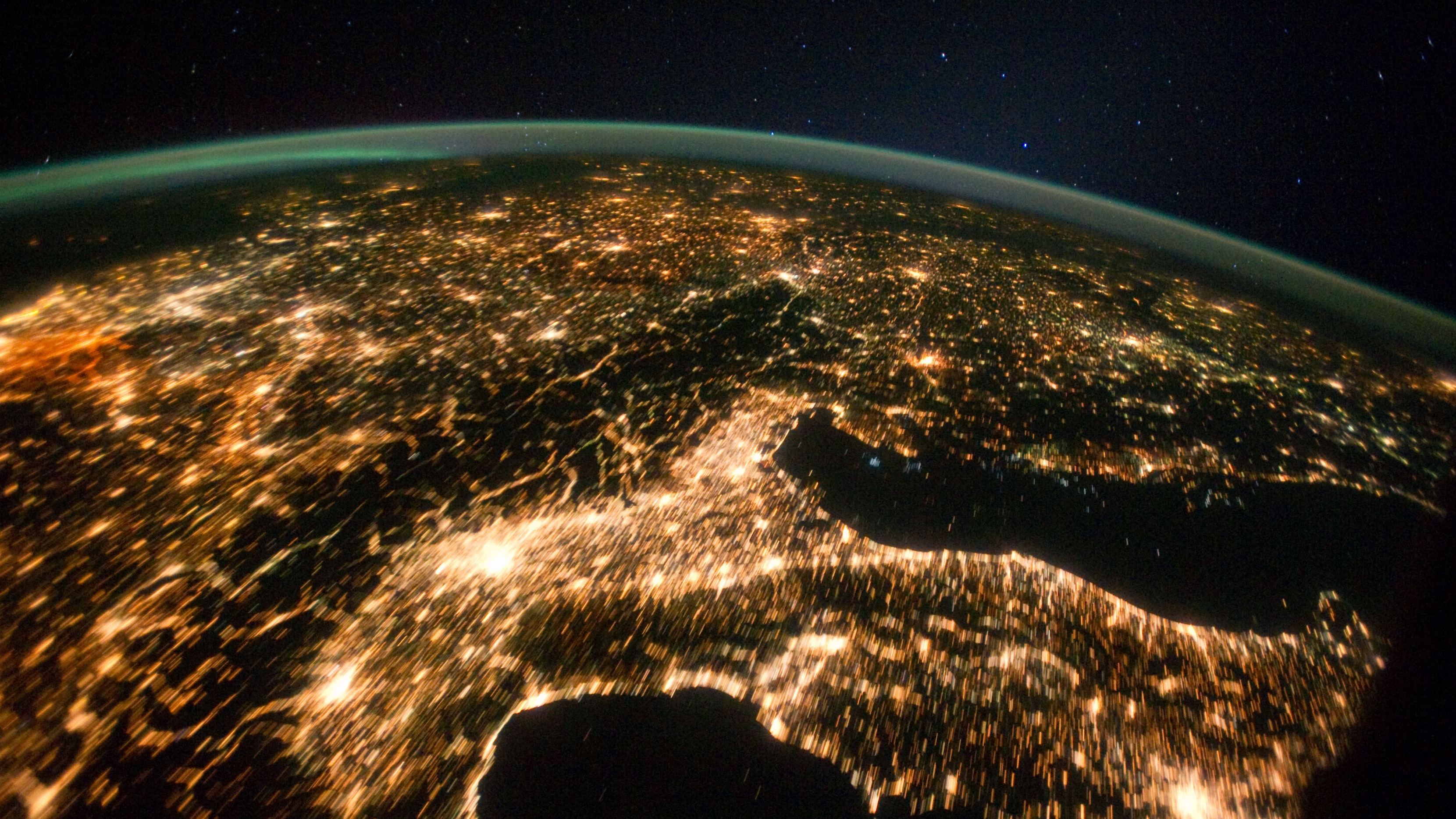If you stood at the heart of Hong Kong in the middle of the night and looked up, the sky would be about 1,000 times brighter than it’d be in the countryside.
Not all of us are living in cities that huge, or that utterly blinding — Hong Kong has been dubbed “the most light-polluted city in the world.” Still, researchers claim “light pollution” is not only wasting a lot of energy, but it could also be impacting our health.
According to Harvard Medical School neuroscientist Steven Lockley, this whole life-after-dark habit we’ve got is really messing with our natural rhythms. “Every day we don’t go to bed at dusk, we experience what Lockley calls ‘mini jetlag,'” reports The Guardian. And prolonged mini jetlag could even be “carcinogenic;” one study found that female workers on the night shift are more likely to develop breast cancer.
To add insult to injury, a lot of the excess light is superfluous:
“As a society we need to think, do we really need some of these amenities that are putting light pollution into the environment?” Lockley says. “Do we need 24/7 garages, do we need 24/7 supermarkets, do we need 24/7 TV? It was only in 1997 that the BBC turned off and there was the national anthem and we all went to bed.”
OK, so maybe everything would be a lot more beautiful and a lot less cancer-causing if we didn’t live in these blazing urban centers and instead went to bed with the sun like our well-rested ancestors. But since most of us do live in cities, then perhaps more places should take a page from Los Angeles, whose fleet of LED street lamps save the city almost $10 million annually in energy and maintenance costs.
Because LED technology also makes it easier to install smart things like color-changing lights and motion sensors, it could both reduce our carbon footprint and make it a little less likely to have that annoying streetlamp flooding our bedroom window. But would it make us less likely to be up ’til the wee hours eating cookies and watching Netflix? Hmmmm.


